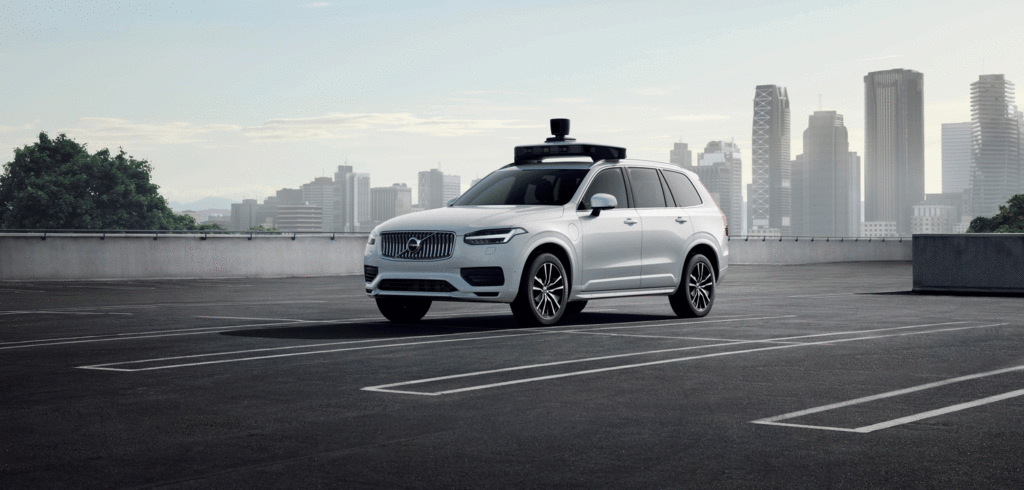Volvo Cars and Uber have presented a jointly developed production car capable of driving by itself. The two entered a joint engineering agreement in 2016 and have since developed several self-driving prototype cars. The Volvo XC90 SUV is the first production car engineered under the partnership capable of driving completely itself.
The XC90 base vehicle is equipped with key safety features that have enabled Uber to easily install its self-driving system. This includes several back-up systems for both steering and braking functions, as well as battery back-up power. If any of the primary systems should fail for some reason, the back-up systems are designed to immediately act to bring the car to a stop.
In addition to Volvo’s built-in back-up systems, it features an array of sensors atop and built into the vehicle, which enable the Uber self-driving system to operate safely and maneuver in an urban environment.
Håkan Samuelsson, president and chief executive of Volvo Cars, said, “By the middle of the next decade, we expect one-third of all cars we sell to be fully autonomous. Our agreement with Uber underlines our ambition to be the supplier of choice to the world’s leading ridehailing companies.”
Eric Meyhofer, CEO of Uber Advanced Technologies Group, said, “Working in close cooperation with companies like Volvo is a key ingredient to effectively building a safe, scalable, self-driving fleet. Volvo has long been known for its commitment to safety, which is the cornerstone of its newest production-ready self-driving base vehicle. When paired with our self-driving technology, this vehicle will be a key ingredient in Uber’s autonomous product suite.”
Volvo Cars plans to use a similar base concept for its future autonomous cars, which it will launch in the early 2020s. These technologies, to be introduced on the next generation of Volvo models based on the SPA2 vehicle architecture, will include features designed to enable unsupervised autonomous driving in clearly designated areas such as highways and ring roads.


